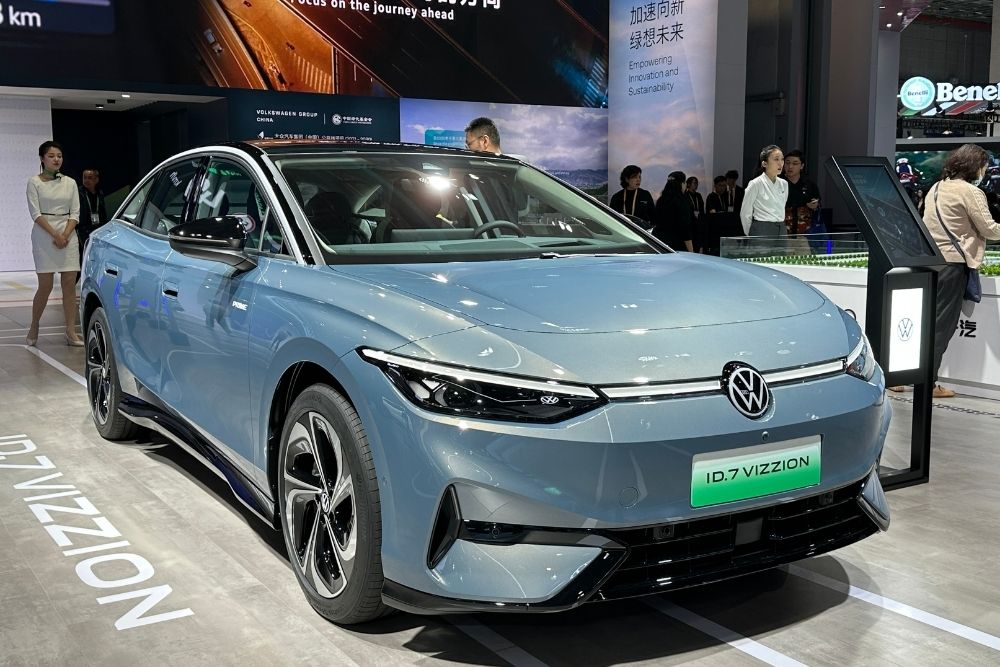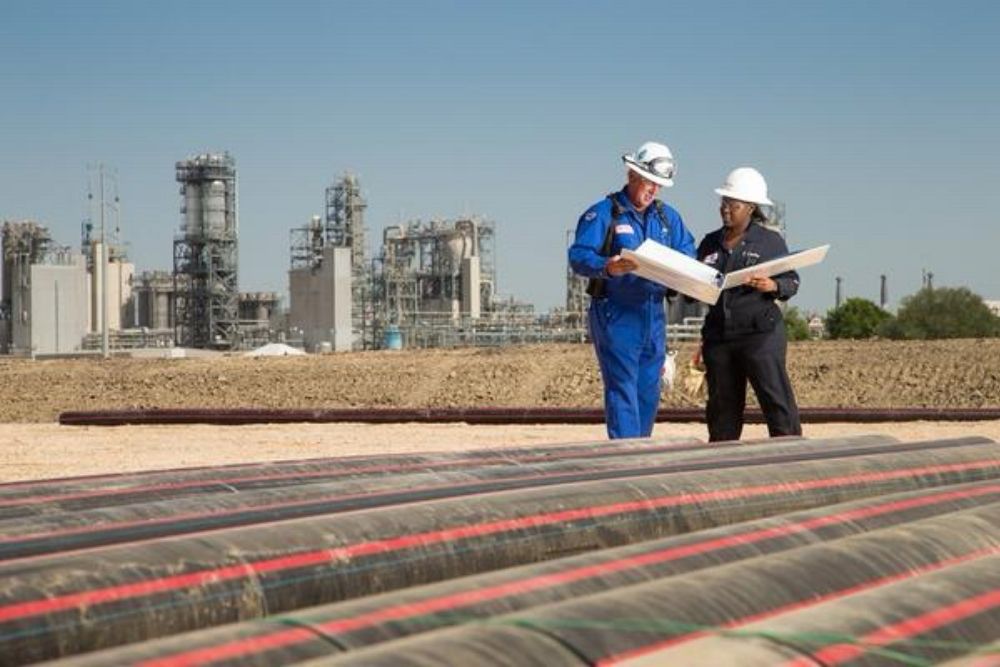China considers expanding iPhone ban in government agencies
- September 7, 2023
- Posted by: Quatro Strategies
- Categories: China, Sanctions & Regulation, United States

China is considering expanding a ban on the use of iPhones in sensitive departments to include government-backed agencies and state companies, posing potential challenges for Apple Inc. in its largest foreign market and global production base.
The restriction aims to further root out foreign technology use in sensitive environments and reduce China’s reliance on American software and circuitry. This move threatens Apple’s position in a market that generates about a fifth of its revenue and where it manufactures most of the world’s iPhones through extensive Chinese factories.
Several agencies have already begun instructing employees not to bring their iPhones to work, and Beijing intends to extend this restriction to numerous state-owned enterprises and other government-controlled organizations. The exact number of companies and agencies that could adopt restrictions on personal devices is unclear, and there have been no formal written injunctions issued yet.
This development has the potential to significantly impact Apple’s business in China, where the company enjoys widespread popularity despite growing resentment towards American efforts to contain China’s technology industry. Apple’s iPhones are among the best-selling smartphones in China, both in the private sector and government offices.
The ban on Apple devices coincides with China’s efforts to develop domestic technology that can rival American innovation. The country has recently achieved breakthroughs in chip production and smartphone manufacturing, aiming to become less dependent on foreign technology.
It’s important to note that the Chinese government has historically been seen as relatively lenient towards Apple compared to other tech companies. However, this move raises questions about whether the Chinese government is changing its stance towards the tech giant.
While Apple has not officially commented on this development, its shares dropped 3.6% in New York in response to the news. Apple had previously seen significant gains in its stock price in 2022, reflecting its strong performance in China and around the world.
The expansion of this ban could impact Apple’s future in China, as the company relies heavily on the country both as a manufacturing partner and a critical market for its products. Despite growing tensions between the US and China, Apple remains highly dependent on its relationship with China, which CEO Tim Cook has described as “symbiotic.”
Interested in learning more?
Sign up for Top Insights Today

Top Insights Today delivers the latest insights straight to your inbox.
You will get daily industry insights on
Oil & Gas, Rare Earths & Commodities, Mining & Metals, EVs & Battery Technology, ESG & Renewable Energy, AI & Semiconductors, Aerospace & Defense, Sanctions & Regulation, Business & Politics.



